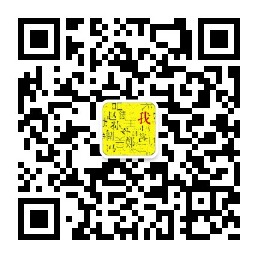About Your Personal Literary Work
1. What inspired you to become a writer/poet? What themes do you explore most often in your work?
A perplexity about the meaning of life. At six years old, I became intensely fascinated—even obsessed—with questions of life and death, constantly trying to understand their essence. Most people, as they age and mature rationally, set aside these ultimate inquiries and become what Heidegger called "average beings"—alienated and fallen. I have been fortunate never to become such an "ordinary person." The exploration of life’s ultimate questions has permeated my entire existence without a moment’s respite. Of course, this has brought profound suffering that few can comprehend. My themes are broad but can generally be categorized as: the soul’s HOME, self-alienation, the relationship between humanity and nature, social critique, and reflections on the creative labor process itself.
2. How do your personal experiences influence your writing?
Writing material stems from genuine emotions and experiences. Indirect experiences (such as inspiration from reading) must merge with direct experiences. Some of my poetry records real-life events in the plainest language, stripped of literary embellishments like symbolism, metaphor, tension, or irony. Instead, I confront facts nakedly, preserving the raw texture of life through objective documentation. Personal experiences always reflect the broader era and society. Overly rhetorical poetry distorts and abstracts reality.
3. Can you tell us about your latest work? What message do you hope readers take from it?
My recent works in 2023 include response or same-title poems with British poetess Helen Pletts. These may not fully represent my poetic ideals—there’s an element of friendship—but their significance lies in reviving the ancient Chinese tradition of poetic exchanges, albeit through modern and postmodern techniques. These poems are rainbow bridges between poets of different languages, proving poetry’s power to transcend the Tower of Babel and achieve human unity and peace—a meaning that surpasses poetry itself. Meanwhile, I’ve been working on a cross-genre book titled POUND CANTOS or VITA NUOVA. It remains an attempt to overcome cultural barriers and facilitate East-West dialogue, blending Chinese and Western poetic forms, dramatic fragments, philosophical meditations, and autobiography. It defies categorization—traditional line poetry can no longer contain my materials and ideas.
4.Do you feel that your writing reflects modern China, or do you take a more historical or abstract approach?
My writing is undeniably tied to contemporary Chinese society, sometimes directly, sometimes hidden within complex structures and imagery. I am not a poet parallel to my era but one entangled fiercely with it. I reject abstract, detached perspective of writing—where the poet’s subject is severed from their lived experience. Theme-first conceptual writing is fundamentally unpoetic, yet many Chinese poets still practice this. In my work, subject and self are inseparable: I am all things, and everything is me, akin to the Buddhist notion that "green bamboos are Dharma bodies; yellow flowers are Prajna." Abstract poetry, like abstract virtue, holds little meaning. Broadly, I see myself as a modern Tao Yuanming—not in skill but in spirit. Tao was obscure in his lifetime (The Grading of Poetry ranked him as "mid-tier, lower"), yet posthumously, his literary status surpassed even Wang Wei and Li Bai.
5. What is your writing process like? Do you follow a routine, or is it more spontaneous?
The writing process remains mystical. Even if we emphasize its "working" nature, as Baudelaire and Rilke did—rejecting reliance on inspiration as "secret orders from hidden mouths"—inspiration remains essential. The "craftsman spirit" in poetry is more an ethical stance. I write short poems swiftly, like Li Bai composing "on horseback," but my epics take decades. Poetry demands transcendent revelation. spontaneity, improvisation, and reason coexist.
6. Do you see your poetry as a form of social commentary, or is it more personal and introspective?
My poetry merges social commentary, personal reflection, and introspection—they cannot be strictly separated.
7. What is the biggest challenge you have faced as a writer in China?
Let me answer with a poem:
How to Be a Poet in China
Those poets who publish frequently,
treading government offices like their own homes
Those poets who publish books endlessly,
waving iridescent water-sprays
Those poets stepping off one stage onto another,
wearing floral coats, feigning solemnity
Those poets winning awards quietly,
bestowing prizes upon one another
Those lonely poets pulling down their hats,
flashing through crowds
then vanishing like revolutionaries
Those poets who speak rarely,
their voices rusty from long silence—
like mourners pushing open palace gates
where gods have long departed
Those poets surfacing from the ocean of creation,
breathing briefly, raising solitary spouts—
giant whales
Those occasional poets
8. How do you see your work fitting into the broader tradition of Chinese literature? Do you draw inspiration from classical Chinese poetry or more contemporary influences?
Classical Chinese poetry’s tradition is lyricism and expression of ideals. At my core, I remain a lyrical poet, but lyricism alone cannot address modern complexities. Thus, I pioneered a revolutionary shift in Chinese: from subjective lyricism to objective presentation—not self-expression but revealing things as they are. This "objective poetics" aligns with the highest realm of Chinese philosophy and aesthetics: unity of heaven and humanity. Classical poetry achieved this through juxtaposed imagery and hidden subjectivity (e.g., "A light rain, paired swallows fly; / Fallen blossoms, a lone figure stands"). But modern Chinese differ utterly from Tang-Song predecessors—we need new methods to observe a changed world. My work reaches this sublime realm through entirely modern techniques.
About the Literary Scene in China
1. How would you describe the current literary landscape in China? What major themes or trends do you see emerging?
I’ll focus on poetry’s flaws. The greatest ill is its cynicism and flatness. The 1990s’ "personalized writing" dismantled grand narratives, returning poetry to the individual self rather than collective representation. This corrected the Misty Poetry paradigm but bred dangerous trends: poets wallow in trivial self-indulgences, abandoning moral responsibility for universal human conditions. The exploratory vigor of the 1980s has stagnated, with little progress in form or spirit. In the internet age, avant-garde poetry grows reactionary. Established poets cling to stale rhetoric, disconnected from the times; others revel in petty-bourgeois vulgarity or crudely mimic classical language without reflection. Many write detached poetry devoid of lived pain. Contemporary Chinese poetry is a wasteland of carnivalesque desolation—grand voices silenced, individual souls barren and self-alienated, oblivious to suffering, masking reality with bourgeois sentiment. So, since the 2000s, I’ve championed "difficulty writing".
2.Do you think Chinese literature today is more influenced by traditional culture or by global literary trends?
Global trends dominate. Since the early 20th century, Chinese poetry severed ties with tradition, turning westward. Few poets aspire to create a Chinese poetic tradition. Avant-garde poets superficially adopt Western techniques while missing their essence. These techniques mask spiritual poverty, becoming harmful disguises. I say with slight pride: most postmodern experiments in Chinese poetry relate to my translations or writings. If Chinese poetry is stuck in a mire, I am its architect—my greatest sin. I introduced Anglo-American postmodern poetry to China, broadening horizons. Yet, due to poets’ intellectual poverty, they mimic what Americans invented in the 1950s as novelties. For instance, many imitate John Ashbery—but they’re imitating me, not him.
3. What are the challenges faced by writers and poets in China today? Are there any limitations or other issues that affect creativity?
Satirical and socially critical poetry is nearly extinct. Official publications only carry bland, inconsequential verses. Thus, I urge poets to write the unpublishable—poems which few would embrace.
4.How has digital media and the internet changed the way literature is produced and consumed in China?
Self-publishing platforms democratize and diversify poetry but also foster fast-food writing. Young poets care little for official print media; online platforms suffice.
5. Is poetry still widely read and appreciated in China? How does it fit into modern Chinese society?
Poetry, especially artistic poetry, will always belong to an infinite minority of people. Popular “poetry” has many readers, but that has little to do with poetry. Outstanding Chinese poetry (though rare) remains the nation’s deepest inner voice, accompanying China’s modernization as its truest historical record.
6. How do Chinese writers navigate the balance between state ideology and artistic freedom?
This complex, vital question demands reference to Eastern European poets like Miłosz. Personally, I balance epochal mandates and aesthetic pleasure, safeguarding language’s dignity. Poets work in the realm of souls, not streets. Overstepping brings dire consequences—Ezra Pound exemplifies this.
7. What role does translation play in bringing Chinese literature to the global stage? Do you think Western audiences truly understand Chinese literature?
I recall someone saying (though I’ve forgotten who), “National literature is written by authors, while world literature is written by translators.” As both a writer and translator, I find great joy in being a humble swift that carries messages between cultures, delivering tidings across their divide. As for the second part of your question—whether Western readers can truly understand Chinese poetry—my answer is no, or at least not easily. I am deeply perplexed by the phenomenon of certain authors, who haven’t even gained basic recognition within the Chinese literary sphere, managing to publish prolifically, secure awards, and thrive in the English-speaking world. No matter how vast the aesthetic differences may be, a good poem remains a good poem, and mediocrity remains mediocrity, regardless of the language in which it is written. Aesthetic divergence should never serve as an excuse to lower critical standards. Thus, I believe Western poets cannot truly grasp Chinese poetry. They also fail to distinguish between good and bad Chinese poets—a situation I find both bizarre and fascinating. Often, I cannot help but laugh."
8.Are there any contemporary Chinese writers or poets you admire and recommend to international readers?
I do have poets I personally admire, but they largely remain in underground circles. Those already known to the English-speaking world, I shall refrain from naming. Within Chinese avant-garde poetry, not a single poet has achieved broad consensus—even Mo Yan, despite his Nobel Prize, remains contentious in Chinese literary circles. Poets face even greater disparity: judgments about any poet vary drastically between readers and experts, with no one’s verdict holding absolute authority. My primary identity is that of a literature professor and theoretician of poetics. Having served five consecutive years as a judge for a prestigious poetry award, I dare assert that all poetry scholars engage in soliloquies. None commands the universal recognition of figures like Harold Bloom, Helen Vendler, or Marjorie Perloff. It’s all cliquish games—nothing more.
Thank you for your questions, dear friend. They’ve prompted me to rethink.
March 13, 2025





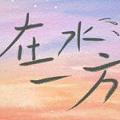 在水一方 评论 马永波 | 答巴基斯坦《信:真正的诗永远属于无限的少数人。
在水一方 评论 马永波 | 答巴基斯坦《信:真正的诗永远属于无限的少数人。 再见重庆 评论 马永波 | 答巴基斯坦《信:中国先锋诗坛尚未出现公认大师(莫言获诺奖在文学界仍存争议)。作为连任五届某影响广泛诗歌奖评委的诗学学者,敢断言所有诗歌评判都是独白游戏,无人拥有布鲁姆、文德勒、珀洛夫般的权威。无非是小圈子的自我狂欢。
再见重庆 评论 马永波 | 答巴基斯坦《信:中国先锋诗坛尚未出现公认大师(莫言获诺奖在文学界仍存争议)。作为连任五届某影响广泛诗歌奖评委的诗学学者,敢断言所有诗歌评判都是独白游戏,无人拥有布鲁姆、文德勒、珀洛夫般的权威。无非是小圈子的自我狂欢。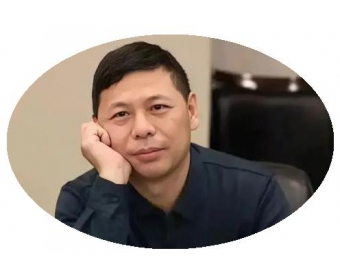
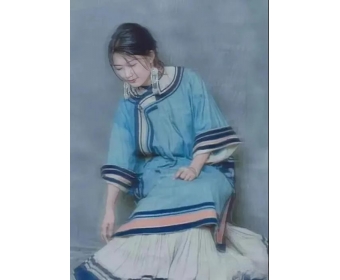
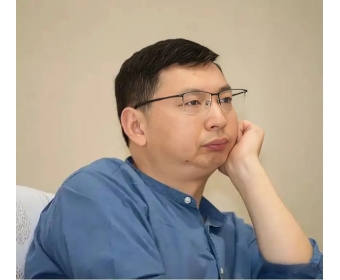
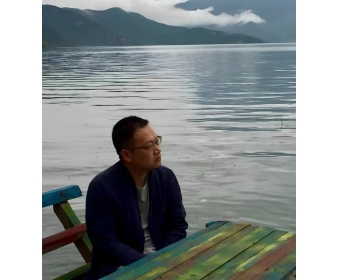
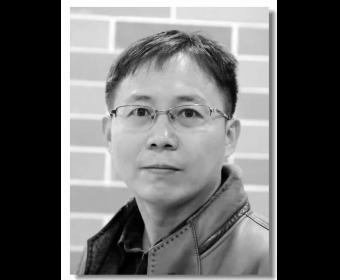
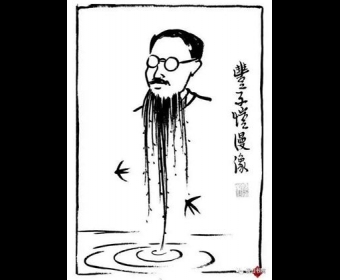
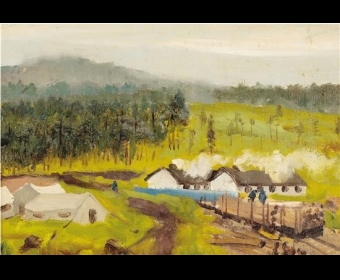
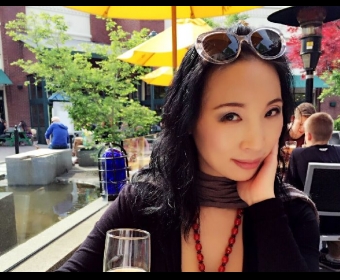
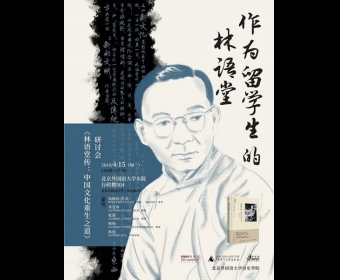
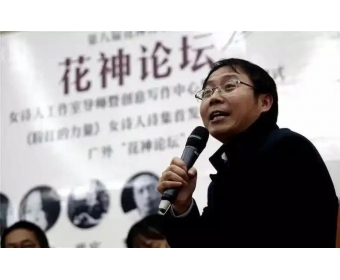
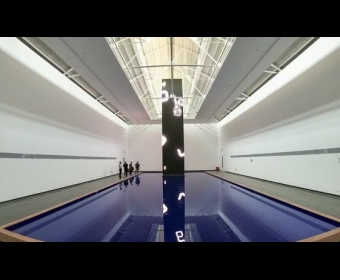
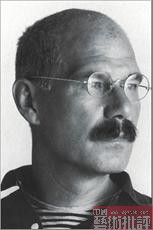
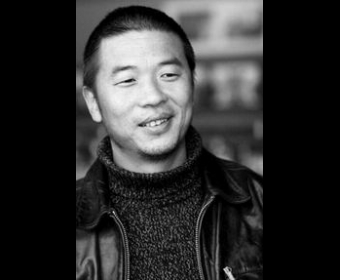
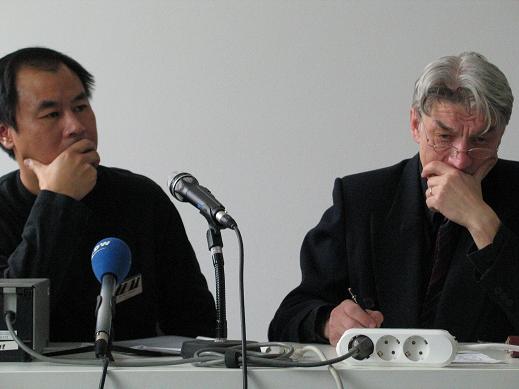
 川公网安备 51041102000034号
川公网安备 51041102000034号

